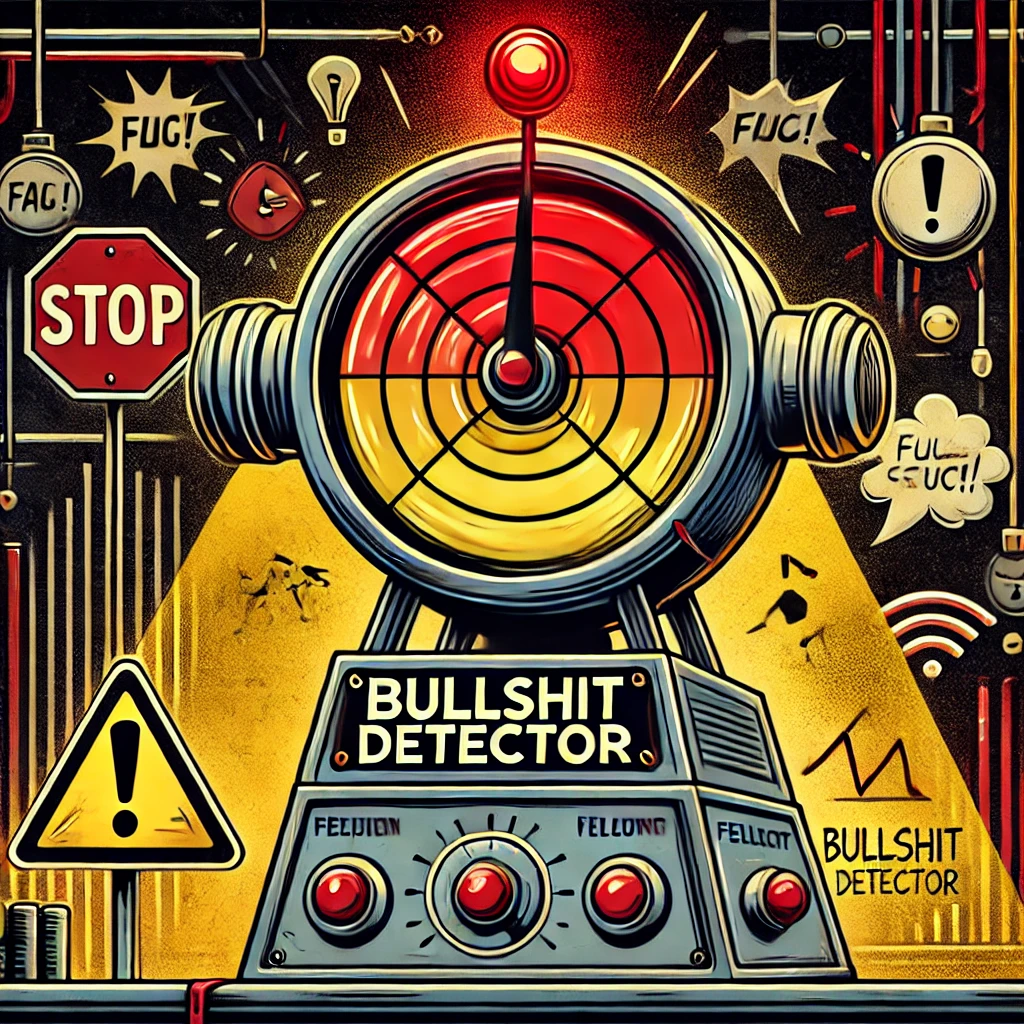Junk science detector!
Use your psychological knowledge to sniff out bullshit

We often encounter news articles about psychology findings that seem like it might be too good to be true, from “power poses” to “manifesting” things into reality. How do you know if it’s junk science?
The good news is - leveling-up to become an expert consumer of scientific research will be one of the most useful superpowers you will acquire as you gain your degree in psychology!
This tutorial will provide you with an example (fictional) article, and you will be asked to consider whether it is junk science.
Let’s say a family member forwards you the following article:
“Scientists Discover the Secret to Happiness: It’s All About Chocolate!
A groundbreaking new study has revealed the astonishing truth about happiness: the key lies in chocolate consumption. The study involved a group of volunteers who were given daily doses of chocolate for several weeks. Researchers monitored the participants’ mood levels throughout the study. The results were astonishing: those who consumed chocolate regularly reported significantly higher levels of happiness and well-being compared to those who did not. The findings of this study suggest that incorporating chocolate into your diet may be a delicious and effective way to improve your overall well-being.”
You decide to track down the original research article to find out for yourself whether its conclusions are valid, so you can tell your family member whether they should start a chocolate binge or not.
You read over the Method section and find that the study was a correlational study which involved providing all participants with a large amount of chocolate at the start of a two-week period the study, and participants were asked to complete daily surveys about how much chocolate they ate that day, and what their happiness was that day on average. To analyse the results, the researchers simply correlated the amount of chocolate eaten with the happiness ratings on each day. The Results showed a positive correlation between amount of chocolate consumed and happiness ratings.
Think about the claim in the headline and the study design described in the article.
What might be some limitations to this design?
What are some external factors that could be confounded and influence both chocolate consumption and happiness?
How might you design the study if you wanted to know whether chocolate eating causes happiness?
Make some notes on these questions. What have you learnt so far on the course that would help decide if this is junk science or useful information?
